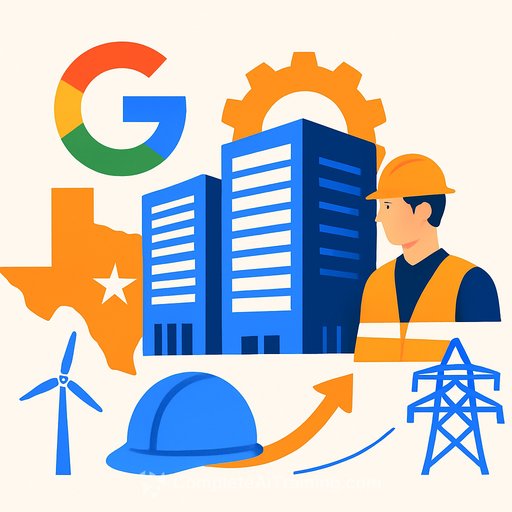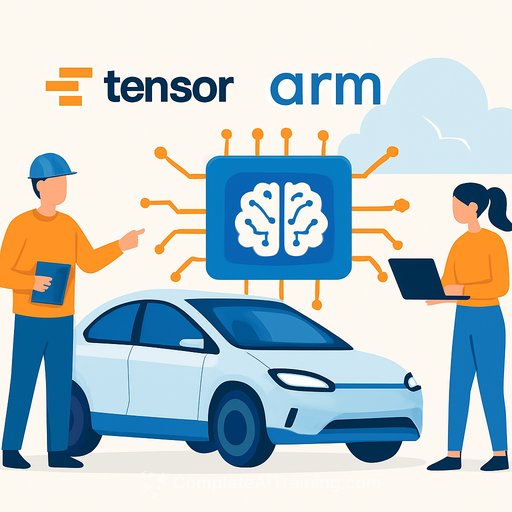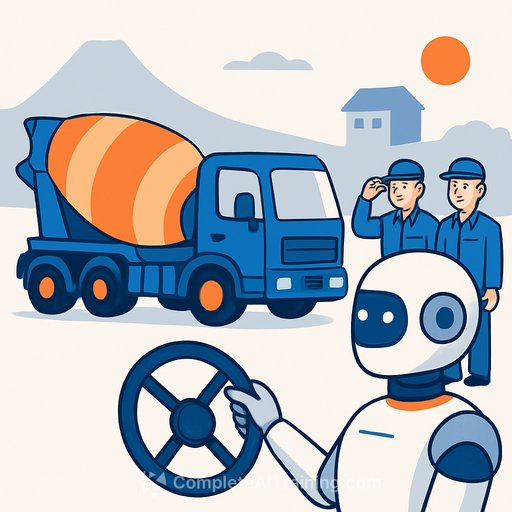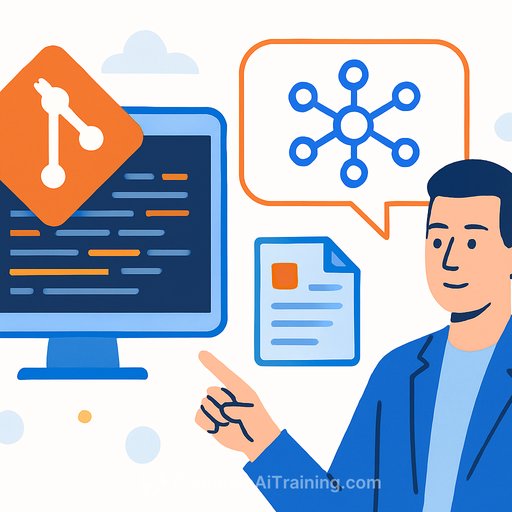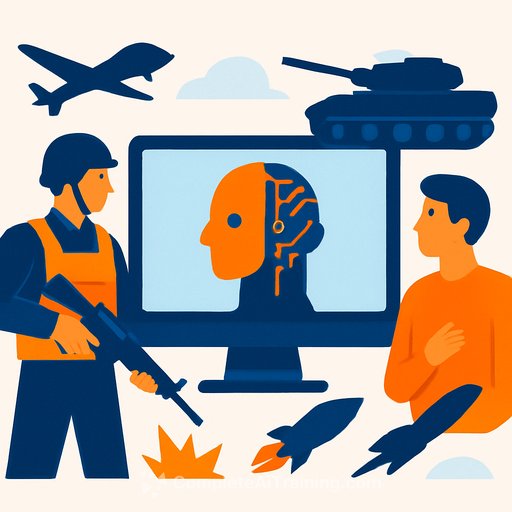Google commits $40B to AI data centers and infrastructure across Texas by 2027
Google is placing a major bet on Texas. The company plans to invest $40 billion through 2027 to build and expand AI and cloud infrastructure, including three new data centers in Armstrong and Haskell counties.
This marks Google's largest investment in any single U.S. state to date. As Governor Greg Abbott put it, "We must ensure that America remains at the forefront of the AI revolution, and Texas is the place where that can happen."
Where the buildout is happening
Beyond the new sites in Armstrong and Haskell counties, Google will continue building out its Midlothian campus and the Dallas cloud region-key parts of its global network of 42 cloud regions. For teams building AI products, more capacity and regional presence mean better performance, lower latency, and additional redundancy options.
"They say that everything is bigger in Texas - and that certainly applies to the golden opportunity with AI," said Sundar Pichai, CEO of Google and Alphabet. "This investment will create thousands of jobs, provide skills training to college students and electrical apprentices, and accelerate energy affordability initiatives throughout Texas."
Energy: adding capacity, not just demand
Google says it will grow responsibly by adding energy resources to the grid and supporting local efficiency. One of the new Haskell facilities will sit next to a solar and battery storage plant to reduce pressure on the Texas grid.
The company also announced a $30 million Energy Impact Fund to scale energy initiatives across the state over three years starting in 2026, with an emphasis on abundance and reliability.
Water: air-cooling and targeted agriculture support
All three new facilities will use advanced air-cooling to limit water use to site operations. To support broader water and agriculture resilience, Google is committing over $2 million to Texas programs, including a regenerative agriculture effort with Indigo Ag in Dallas-Fort Worth and an irrigation efficiency project with N-Drip in the High Plains.
Workforce: electricians, apprentices, and long-term skills
Data center and energy projects drive large demand for electrical talent. Google plans to train existing workers and more than 1,700 apprentices by 2030, increasing the projected pipeline of new electricians in Texas by nearly 110%.
This push is expected to strengthen the state's technical workforce, with ripple effects for contractors, SRE/infra teams, and facilities operations.
AI for Texans: grants, training, and university partnerships
Google is committing $7 million in grants to AI efforts across healthcare, energy, and education in Texas. The University of Texas, Texas A&M, Texas State University, Dallas College, and South Texas College are part of the first cohort of the Google AI for Education Accelerator, giving students, faculty, and staff no-cost access to Google Career Certificates and AI training courses.
Why this matters for IT leaders, engineers, and builders
- Capacity and latency: More regional infrastructure in Texas can reduce end-user latency and improve throughput for AI training and inference workloads.
- Resilience strategy: Additional regions support multi-region and hybrid designs for high availability and disaster recovery.
- Energy posture: Co-located solar and storage may translate into more predictable energy profiles and sustainability reporting for workloads hosted in-region.
- Talent pipeline: Expect increased demand for electricians, data center technicians, network engineers, and reliability roles tied to these builds.
- Funding and partnerships: The $7M in AI grants and university programs create collaboration opportunities for healthcare systems, energy companies, edtech teams, and research groups.
Action items to consider now
- CIOs/CTOs: Reassess region selection, latency budgets, and DR patterns for Texas-based users. Model cost and performance benefits from shifting certain AI workloads to the Dallas region as capacity grows.
- Engineering teams: Plan for multi-region deployment pipelines, artifact replication, and data residency constraints. Validate AI inference autoscaling with region-aware routing.
- Ops and facilities: Align hiring plans with the expected surge in electrical and data center roles. Build partnerships with local apprenticeship programs.
- Universities and nonprofits: Track AI grant windows and integrate certificate programs to upskill students and staff.
Staying ahead
Support from federal and state leaders, including the Deputy Secretary of Energy James Danly and Senator Ted Cruz, signals policy momentum behind AI infrastructure and workforce growth. For teams building with AI, the message is simple: capacity is coming-plan your architecture, talent, and partnerships to meet it.
If you're mapping roles to skills and certifications for AI projects, you can explore practical training options here: AI courses by job and the most popular AI certifications.
Your membership also unlocks:

